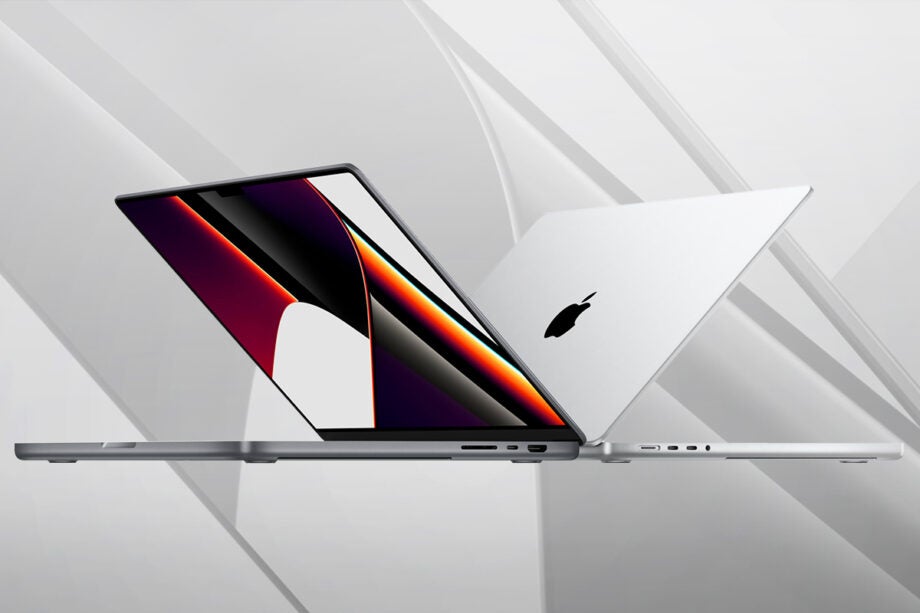Apple’s new M1 Pro and Max will affect more than MacBook users

This week Apple recently announced two new chipsets, the M1 Pro and the M1 Max, claiming they are “the most advanced” silicon to ever feature in a MacBook.
To back this up a MacBook Pro was also announced, featuring the M1 Max, which is coming out in just a few days, on 26 October.
According to Apple the device and new silicon will revolutionise the market. To check on this claim we quizzed to industry experts about what industry wide ramifications Apple’s new silicon will have, here’s what they told us.
Is the MacBook Pro priced well enough to appeal to anyone but prosumers and creatives?
“The development of Apple Silicon is a challenge to both AMD and Intel,” Ben Wood, chief analyst at CCS Insight, revealed to Trusted Reviews.
“Apple clearly feels it can compete with both players and get the benefits of a deeply integrated stack across hardware, software and services.”
Apple Silicon is an ARM-based processor technology that’s been built by Apple, it’s designed especially for the company’s computing products, meaning that it has more control of the production line.
The first Apple Silicon chip to launch was the M1 chipset back in 2020.
Has Apple Silicon sparked a trend in big tech to develop own-brand chips?
“I believe so. OEMs want more end-to-end user control which means owning and controlling the software and the hardware (vertical integration) to allow for better performance (speed, battery life, etc.),” Anisha Bhatia. senior analyst at GlobalData, told Trusted Reviews.
“But this is a trend limited to bigger OEMs who have the scale and the resources to get substantial ROI from their investments.”
Other companies have followed in Apple’s footsteps and have started developing custom chipsets, with Google creating Tensor for its phones and Samsung creating Exynos.
“This is a trend that has been growing for some time – Apple’s vertically integrated approach has delivered huge advantages in performance, cost and more so it is little surprise that others such as Google, Samsung and Xiaomi are also developing silicon platforms,” Wood went on to say.
Are Apple’s new chips more of a threat to AMD or Intel given their focus on the creative market?
“The development of Apple Silicon is a challenge to both AMD and Intel,” Wood claims.
“Apple clearly feels it can compete with both players and get the benefits of a deeply integrated stack across hardware, software and services.”


